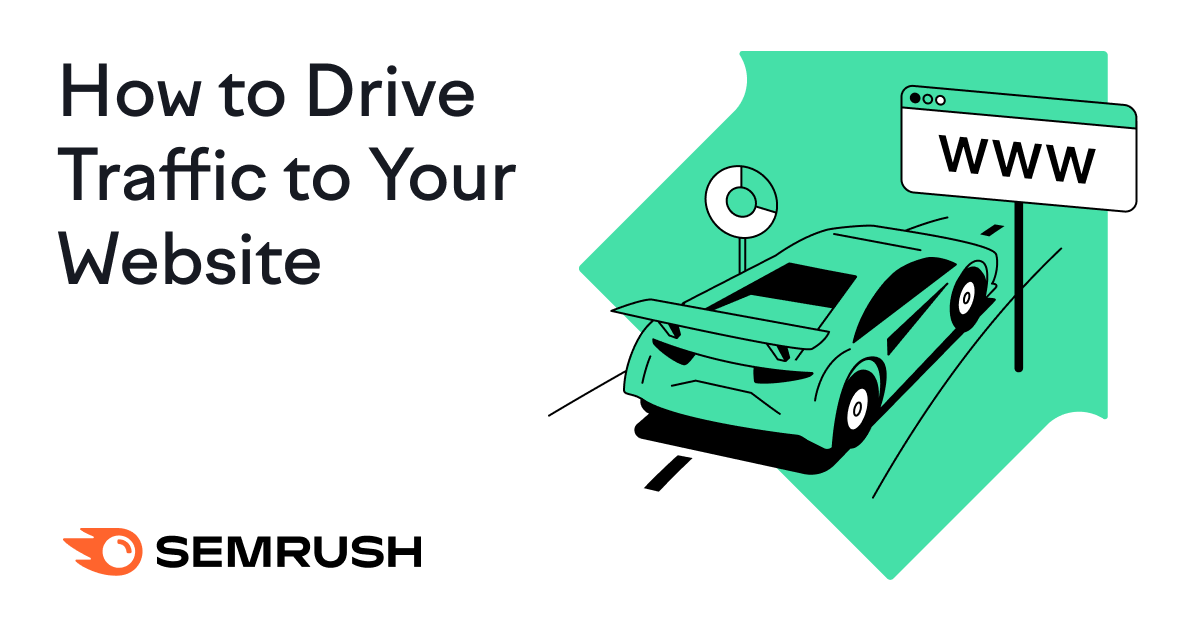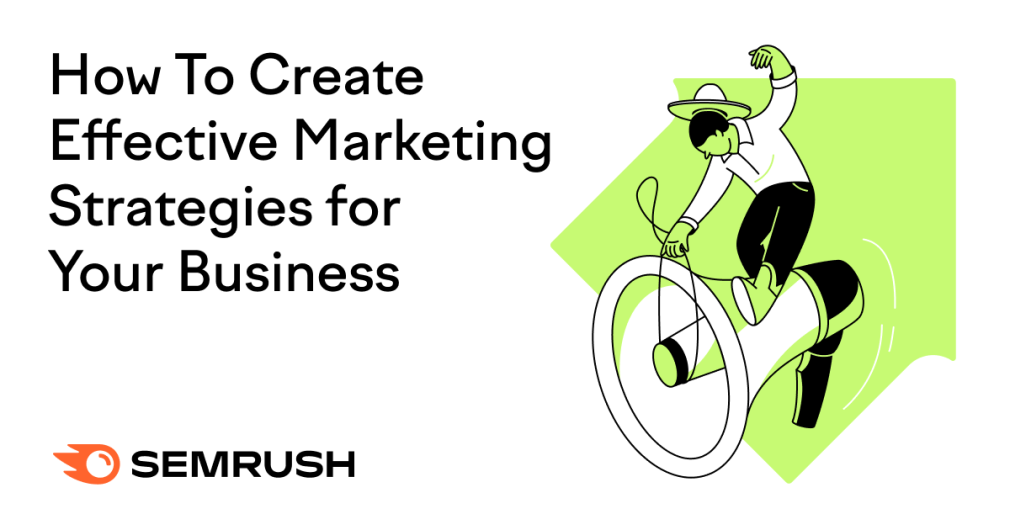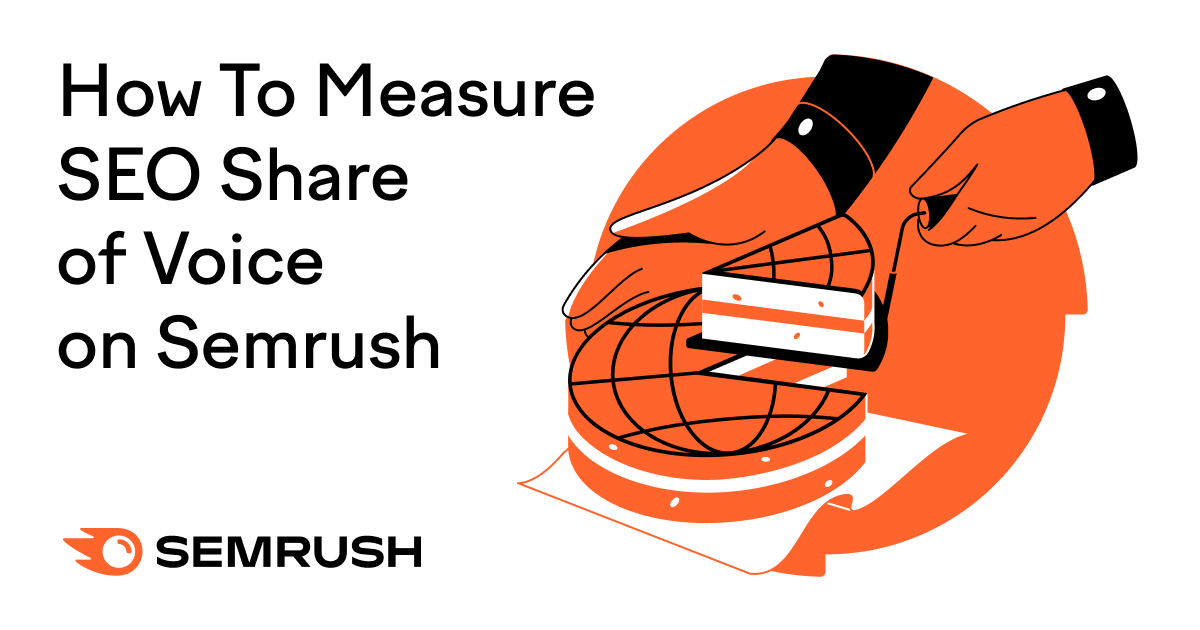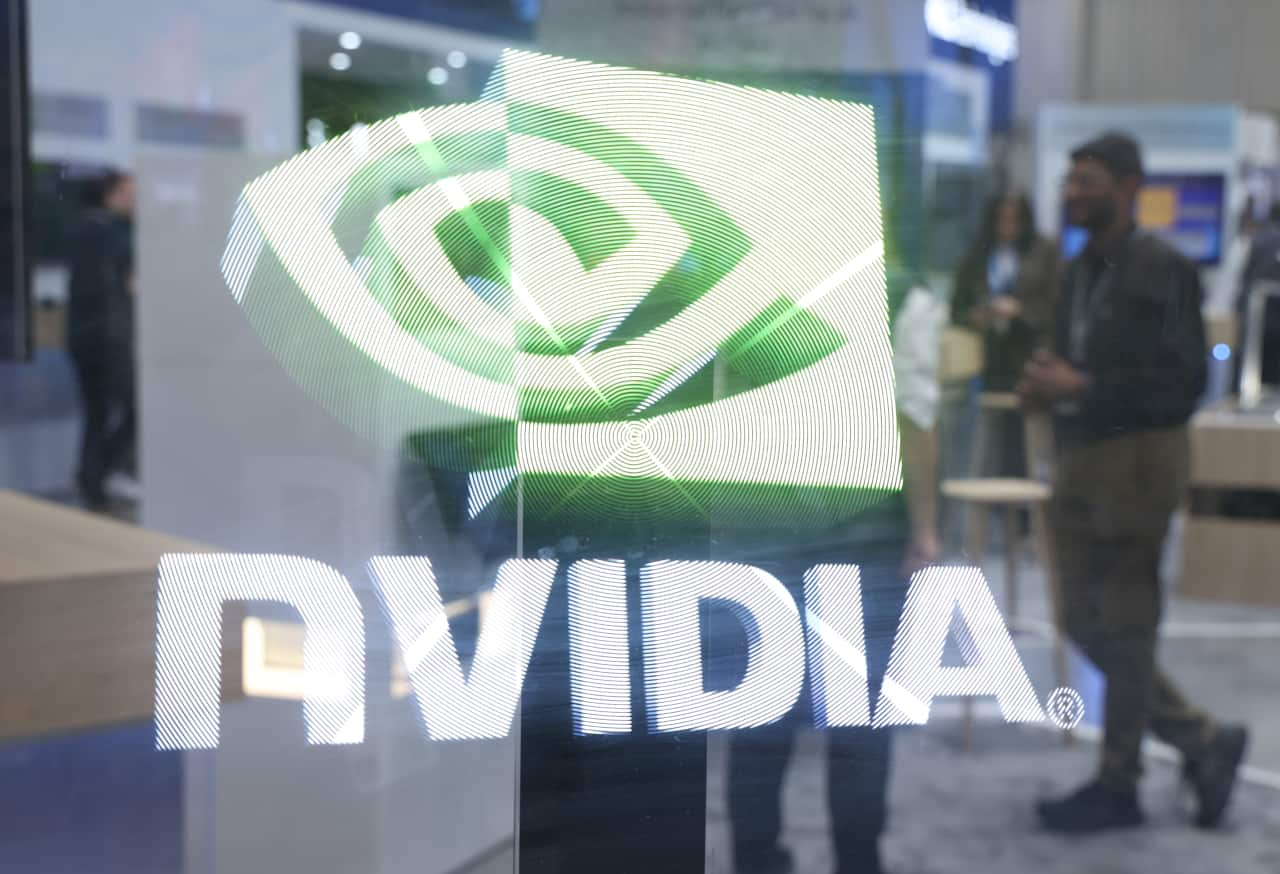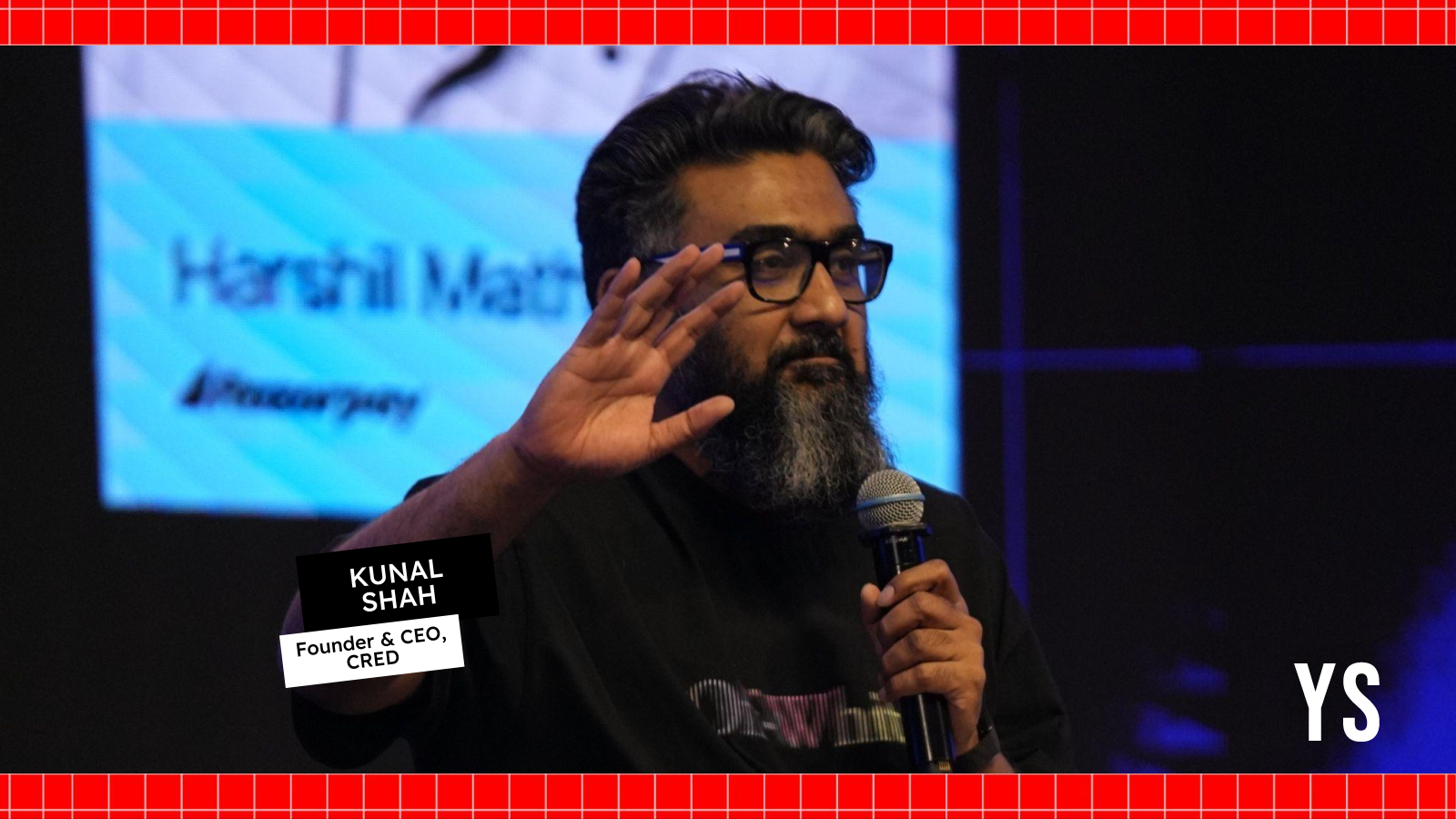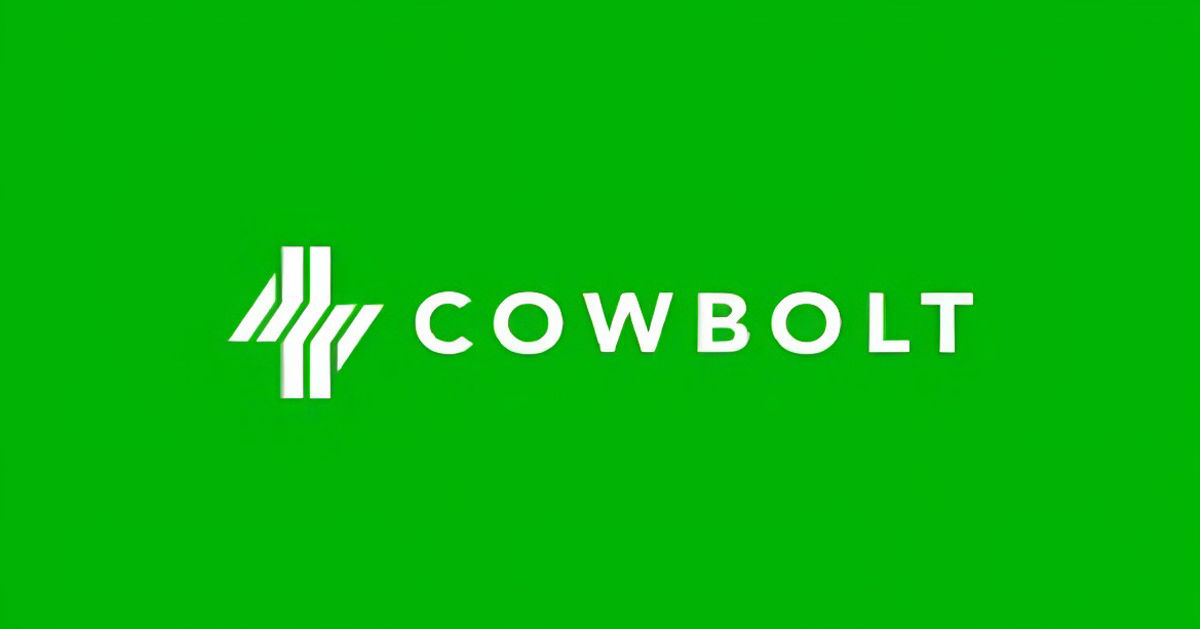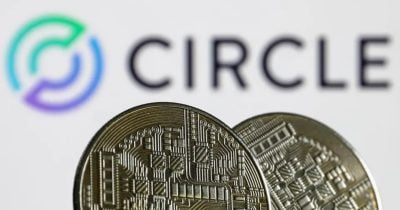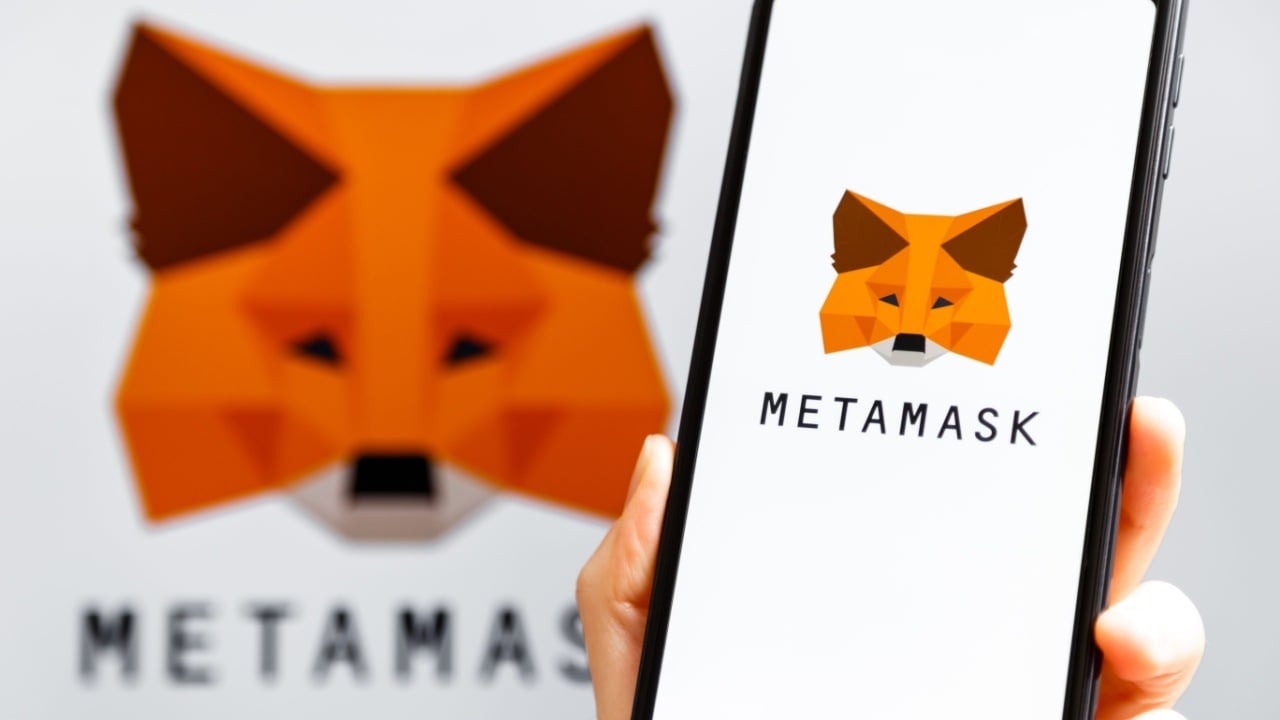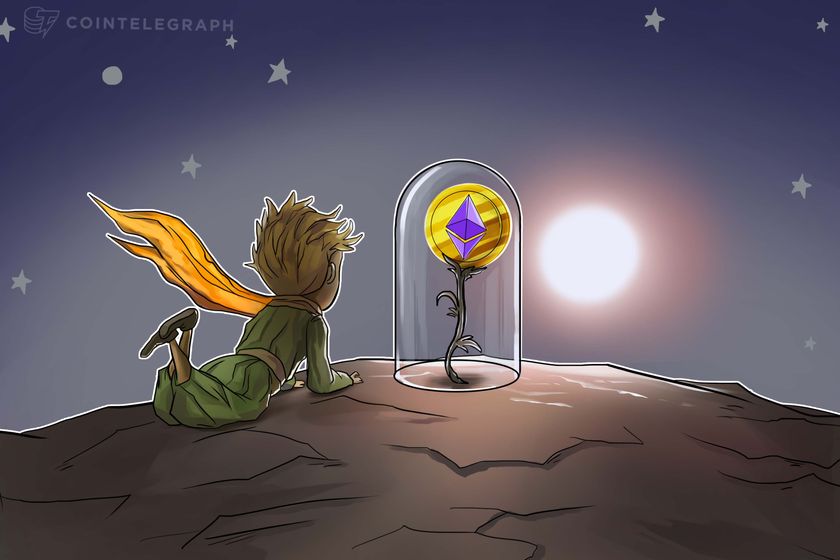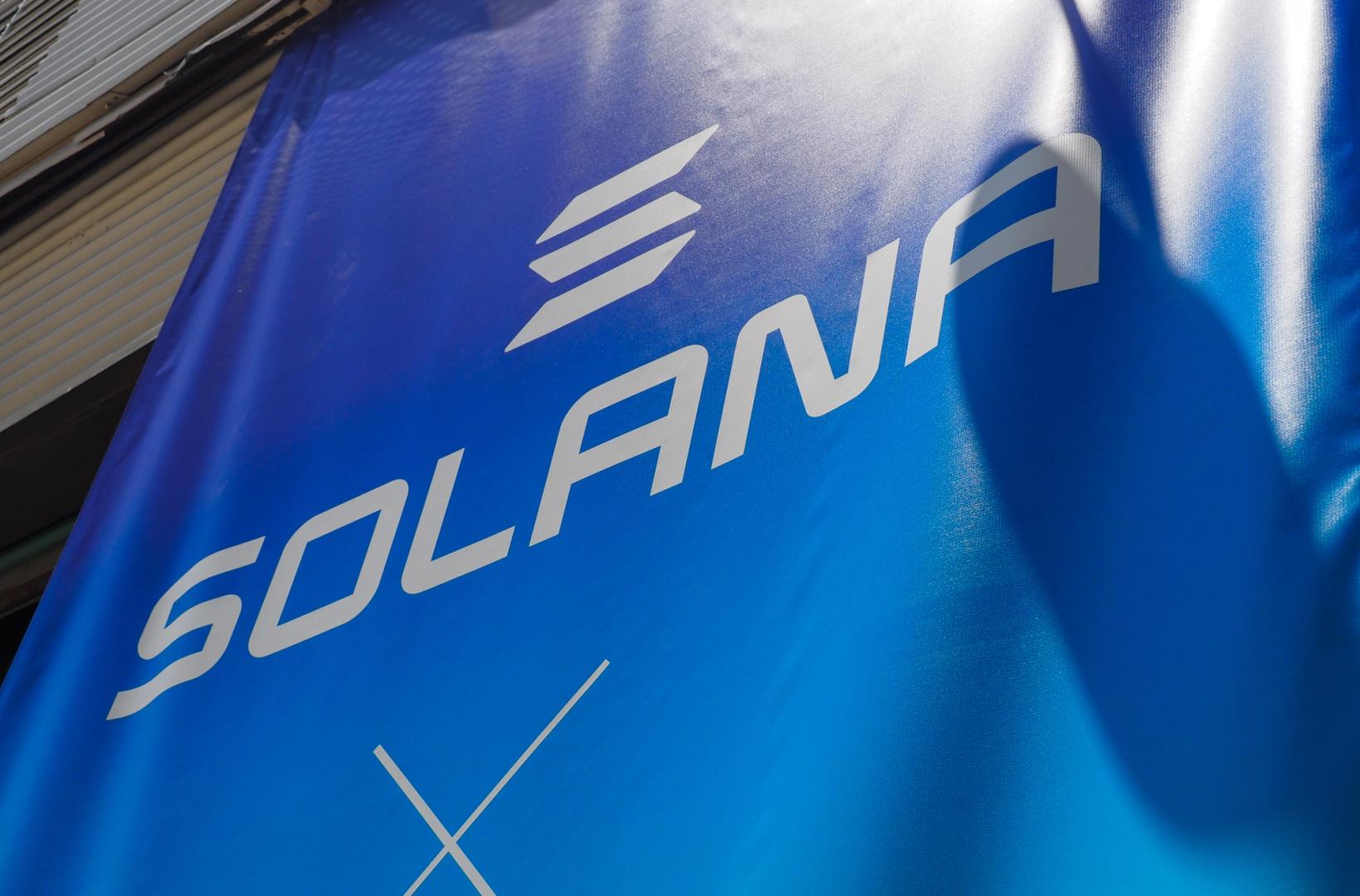The Download: nuclear-powered AI, and a short history of creativity
This is today’s edition of The Download, our weekday newsletter that provides a daily dose of what’s going on in the world of technology. Can nuclear power really fuel the rise of AI? In the AI arms race, all the major players say they want to go nuclear. Over the past year, the likes of Meta, Amazon,…

This is today’s edition of The Download, our weekday newsletter that provides a daily dose of what’s going on in the world of technology.
Can nuclear power really fuel the rise of AI?
In the AI arms race, all the major players say they want to go nuclear.
Over the past year, the likes of Meta, Amazon, Microsoft, and Google have sent out a flurry of announcements related to nuclear energy. Some are about agreements to purchase power from existing plants, while others are about investments looking to boost unproven advanced technologies.
These somewhat unlikely partnerships could be a win for both the nuclear power industry and large tech companies. Tech giants need guaranteed sources of energy, and many are looking for low-emissions ones to hit their climate goals. For nuclear plant operators and nuclear technology developers, the financial support of massive established customers could help keep old nuclear power plants open and push new technologies forward. But there’s one glaring potential roadblock: timing. Read the full story.
—Casey Crownhart
This story is part of Power Hungry: AI and our energy future—our new series shining a light on the energy demands and carbon costs of the artificial intelligence revolution. Check out the rest of the package here.
How creativity became the reigning value of our time
Americans don’t agree on much these days. Yet even at a time when consensus reality seems to be on the verge of collapse, there remains at least one quintessentially modern value we can all still get behind: creativity.
Given how much we obsess over it, the concept of creativity can feel like something that has always existed, a thing philosophers and artists have pondered and debated throughout the ages. But according to a new book, The Cult of Creativity, our conception of creativity and what it means is a lot more modern than you may think. Read the full story.
—Bryan Gardiner
This story is from the most recent edition of our print magazine, which is all about how technology is changing creativity. Subscribe now to read it and to receive future print copies once they land.
The must-reads
I’ve combed the internet to find you today’s most fun/important/scary/fascinating stories about technology.
1 SpaceX is planning to test its huge Starship rocket today
In the hopes it’ll be ready for a mission to Mars next year. (WSJ $)+ It could take around three months to reach the red planet. (Nature)
+ The quest to figure out farming on Mars. (MIT Technology Review)
2 Nvidia is working on a new chip just for China
The new Blackwell chip will be much cheaper than its recently restricted H20 model. (Reuters)
+ Tencent and Baidu have their own plans to skirt US chip curbs. (CNBC)
3 It’s easier to break encryption than we realized
Research from Google suggested that future quantum computers won’t need as many resources to crack bitcoin-level encryption. (CoinDesk)
4 What the future of the US battery industry looks like under Trump
A new budget bill is threatening companies’ access to critical subsidies. (NYT $)
+ Tariffs are bad news for batteries. (MIT Technology Review)
5 Tesla is readying its Austin driverless taxi service for launch
But it’s failed to share vital safety information with key groups in the city. (Fortune $)
+ Elon Musk is likely to be paying more attention now he’s turning away from DOGE. (WP $)
6 The war in Ukraine is sparking an autonomous weapons boom
Experts worry it’s already too late to ensure proper human oversight. (FT $)
+ The US may still ban DJI drones. (Wired $)
+ Generative AI is learning to spy for the US military. (MIT Technology Review)
7 Nick Clegg says asking artists for consent would kill the AI industry
He thinks it should be an opt-out, rather than opt-in, system. (The Verge)
+ AI companies are finally being forced to cough up for training data. (MIT Technology Review)
8 Mark Zuckerberg doesn’t have much to show for his MAGA pivot
It’s alienated his left-leaning staff, and Republicans aren’t buying it either. (Bloomberg $)
+ Corporate giants are best equipped to weather Trump’s upheavals—for now. (Economist $)
+ A fair few of Meta’s AI team have jumped ship to rival Mistral. (Insider $)
9 More than 2% of Americans are taking weight-loss drugs
That’s a 600% rise compared to six years ago. (Axios)
+ Increasing numbers of patients are microdosing to try and make the jabs last longer. (WSJ $)
+ Weight-loss injections have taken over the internet. But what does this mean for people IRL? (MIT Technology Review)
10 How penguin poop could help to save the Antarctic  Read More
Read More




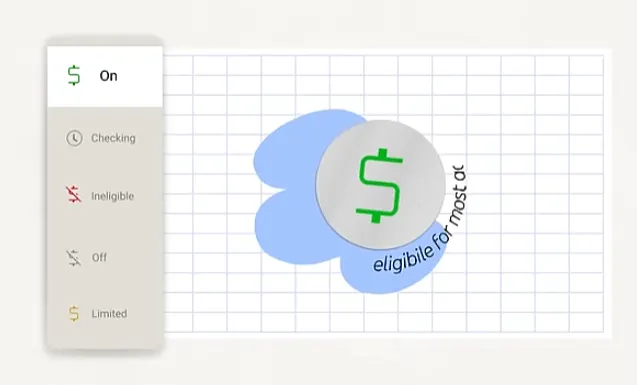

![An Overview of LinkedIn’s AI-Powered Accelerate Campaigns [Infographic]](https://imgproxy.divecdn.com/cWriOgNt5Rzd0XjSz-rthvKdtEdntLW0moLx7e-4cfg/g:ce/rs:fit:770:435/Z3M6Ly9kaXZlc2l0ZS1zdG9yYWdlL2RpdmVpbWFnZS9saW5rZWRpbl9hY2NlbGVyYXRlX2NhbXBhaWduczIucG5n.webp)


